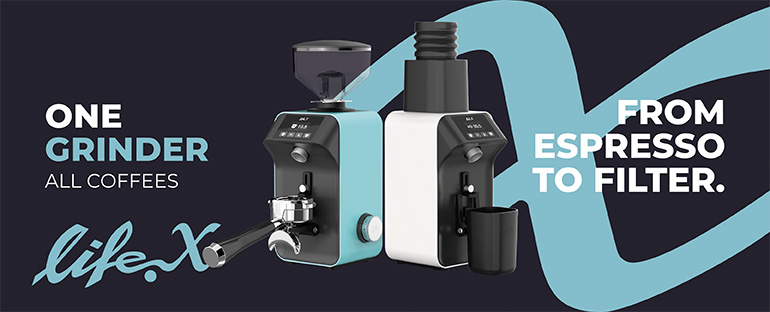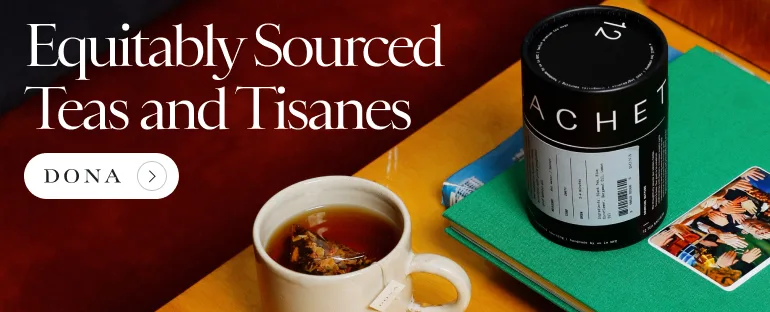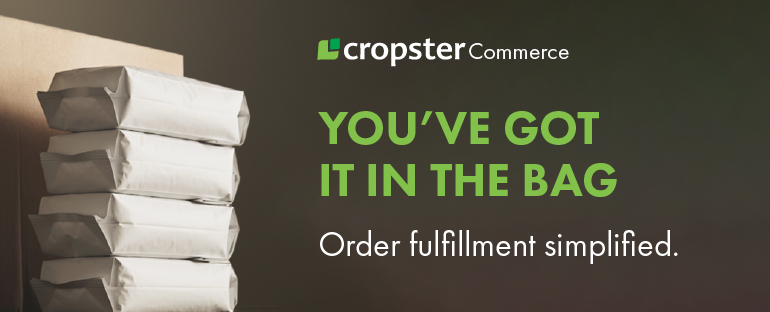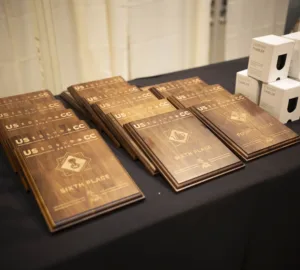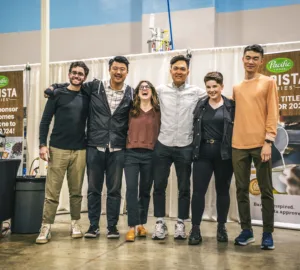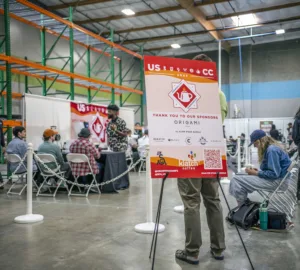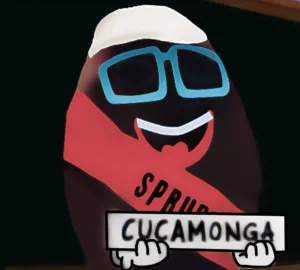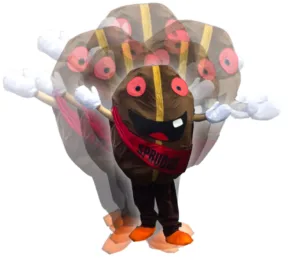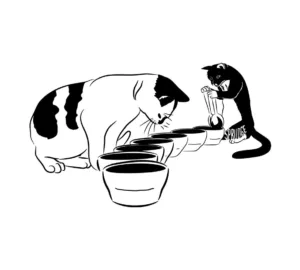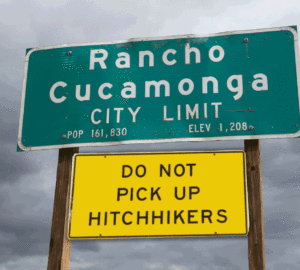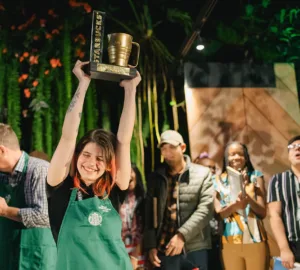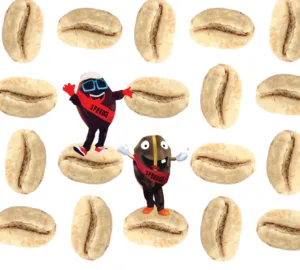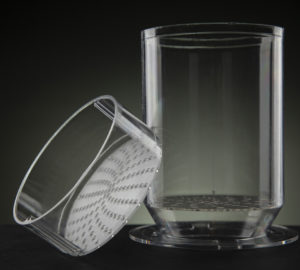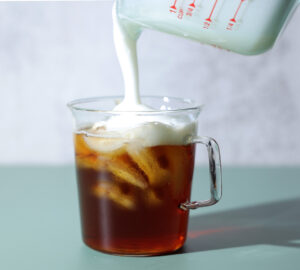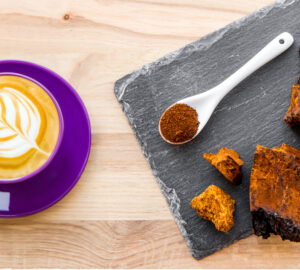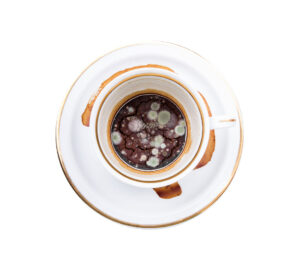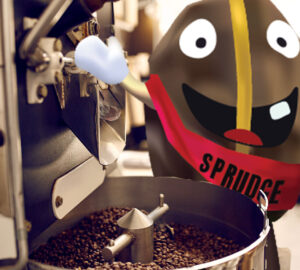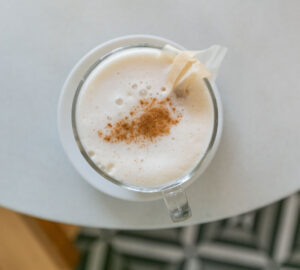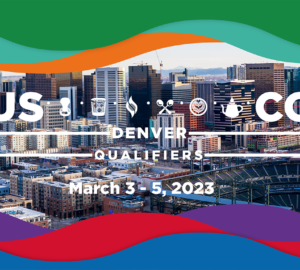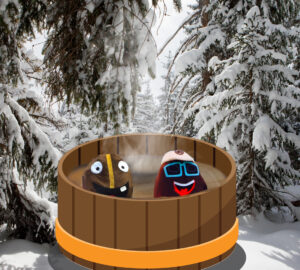
What is a Barista Competition?
A Barista Competition is a specific type of coffee competition that focuses on preparation and presentation of espresso-based coffee. The standard format is a 15-minute performance in which the barista will serve a panel of judges four espressos, four cappuccinos, and four drinks of their own creation that include espresso. (It cannot contain booze.)
Competitors are scored by a panel that includes both sensory (tasting) and technical (timing, cleanliness, etc.) judges—all of whom are certified to competition standards. The whole routine—typically set to music—is meant to bring the barista’s coffee knowledge and skill to the foreground, all while celebrating the coffee itself in its various prepared forms. While basic equipment (grinder, espresso machine) is provided by event sponsors, most anything else needed is brought by the competitor.
It is worth noting there are many other coffee championships organized at national and international levels, such as Cup Tasters, Brewer’s Cup, Coffee in Good Spirits, and Latte Art. For the purposes of this explainer, we’re just focusing on barista competitions.
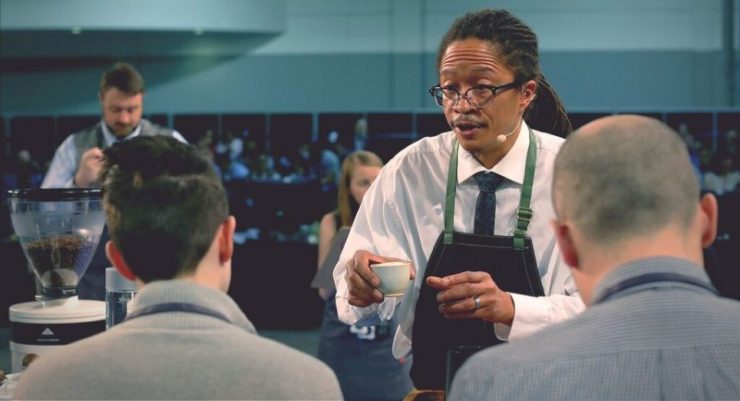
So where do these happen?
Barista competitions typically happen at regional, national, and international events each year (with bigger competitions often taking place in conjunction with coffee industry trade shows). Each spring or summer, national champion baristas from dozens of countries around the world meet to face off at the World Barista Championship. This year’s World Barista Championship is taking place in Busan, South Korea.
Tell me more about the competition format. Is it a speed contest?
Though the event does have a time limit, a barista’s competition routine is more about making the best tasting drinks and presenting them exceptionally, rather than making them all the fastest. Competitors are evaluated not only on the drinks themselves, but the way they make them, including technical skill and cleanliness of preparation. Competitors are also judged on—and this is not to be undersold—the overall presentation, or performance.
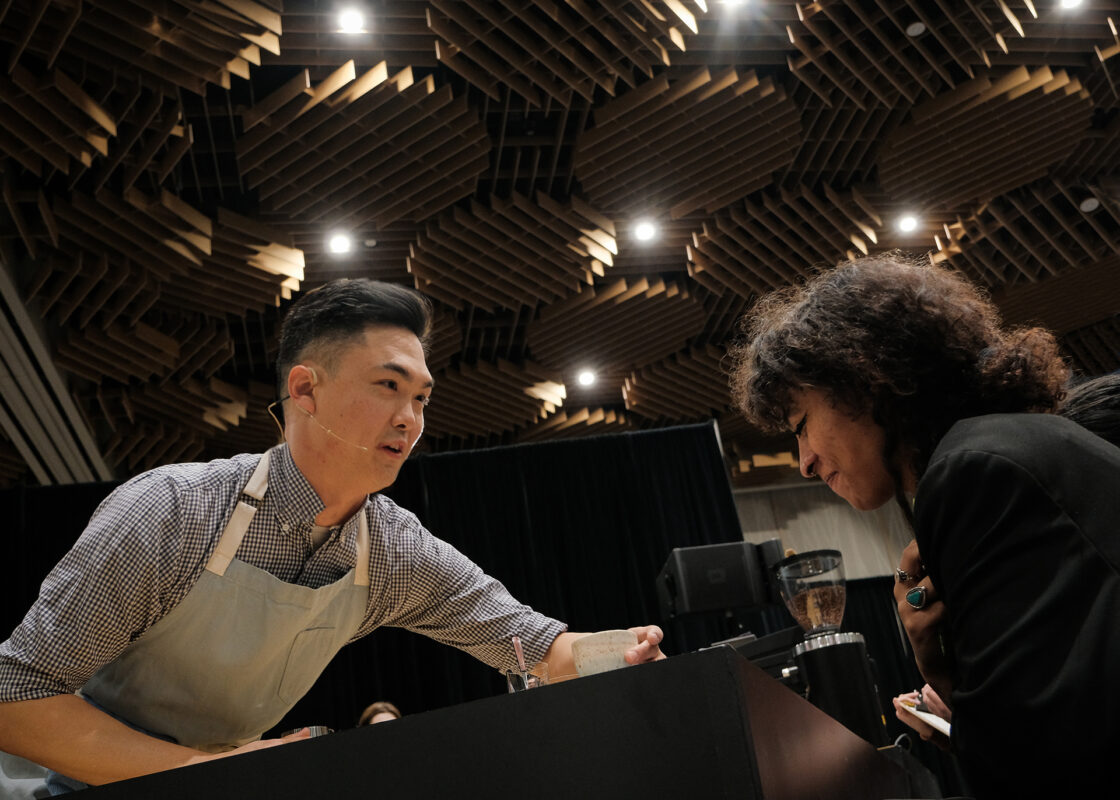
Who can compete?
Anyone who can operate an espresso machine can compete in a barista competition, in theory. However, many competitors find that the time and money commitments required to do well can be barriers, explains Andrea Allen, 2020 United States Barista Champion and co-founder of Arkansas’ Onyx Coffee Lab.
“There are several ways to kind of break down the expense of it,” says Allen. “One is the actual expense of purchasing coffee for competition, having the coffee to practice with—most people are not doing run-throughs with Geshas and just throwing them out. But the cost for competition coffee is usually on the higher end…you have to have at least 10 pounds of roasted coffee to taste through, or 5 pounds, you’ve gotta have some coffee that you’re tasting through and taking to a competition and there’s no return on that,” Allen explains.
“Then there’s the time aspect. Whether you’re doing it inside of work hours or outside of work hours, it is the expense of time,” she continues. Competitors who are in it to win it make a huge time investment, says Allen. “People that win are practicing between I would say 20-30 hours a week for like three plus months before nationals, at a minimum” estimates Allen. And that’s on top of doing their regular (usually coffee) jobs.
Lastly, there’s the cost of travel—generally competitions involve getting a barista (and their coach, and their gear and wares, and their coffee and any special ingredients they’re using) to a different location than their hometown. Competitors who have the backing of their employers (or who run their own coffee company) clearly have an advantage, as they’ll often have more time, coffee, and equipment to train with than others.

What is the point of barista competitions?
“The point of all of these coffee championships is to celebrate excellence in coffee, and to promote hiqh quality coffee of every kind,” says Mike Strumpf, a longtime competition Head Judge and former barista competitor, as well as Director of Coffee for Swiss Water Decaffeinated Coffee Inc. It is the intention that through celebrating and promoting coffee to its highest potential, the industry will be elevated as a whole—which in an ideal scenario has benefit throughout the supply chain, making more thoughtfully grown and sourced, more fairly compensated, more delicious coffee available to more people.
But isn’t it also sort of a cult of personality, being a barista champion?
Yes and no, and maybe less so than it used to be. When competitions were newer, and fewer people could add a winning title to their resume or business plan proposal, personality currency started and stayed high. As well, World Barista Championship winners have traditionally been asked to represent the coffee industry throughout their title-holding year, continuing to spread the good news about great coffee. This level of spokespersonship may have shifted in recent years, explains James Hoffmann, 2007 World Barista Champion, co-founder of Square Mile Coffee Roasters, and Sprudgie Award winning coffee vlogger.
“I think that the early years [mid-2000s] were a time when the industry wanted to prove itself and be taken seriously and I think the ambassadorial part of the role was a bigger consideration than it is now. It has become more about the coffee maybe,” says Hoffmann. While this sounds like it could only be a good thing, consider an atmosphere that encourages rare, exclusive coffees versus one that celebrates coffees a larger number of people can afford (much less can access to begin with.) World Barista Champions have often used rare, ahem, pricey, coffees to elevate themselves from the pack, like Sasa Sestic’s 2015 carbonically mascerated Sudan Rume variety, Berg Wu’s 2016 Panama Geisha, and Diego Campos’ 2021 anaerobically fermented Eugenioides coffee.
“I think many would argue that coffee-centrism favours those with the resources to acquire the most expensive coffees,” says Hoffmann. “It also tends to drive trends that push coffee away from inclusivity into exclusivity—which is perhaps different from the original mission.”

Enough about altruistic goals for the coffee industry. What are some of the most ridiculous things people have done in a barista competition?
Signature drinks themselves may range from gracefully subtle (say, a rosewater latte) to rather elaborate (say, Cole McBride’s 2018 United States Barista Championship signature drink featuring long-pulled, filtered espresso with citric acid and yuzu zest charged with CO2). But the perfomances themselves can be where people get really far out! In an informal survey of coffee professionals for this piece, folks remembered competitors who had included interpretive dance, beer helmets, shaved ice machines, freshly prepared salad, guided meditation, a sweet potato centrifuge, a tearaway suit revealing a clown costume, asking judges to snort powdered caffeine and/or candy as if it were lines of cocaine, and so very much more into their stage routines. This is all to say nothing of the unique vessels baristas insist on serving their signature drinks within, like hollowed-out fruits or (apparently) the head of a roasted pig. (Other non-vegetarian concoctions have also included a white chocolate and lobster infused signature drink. Don’t ask.)

Is there bias in barista competitions—e.g. barriers of gender, race, sexual identification, faith, etc.?
“I like to believe that the competition itself does not utilize those barriers or enhance those barriers,” says Strumpf. “The barriers are what it takes to get to the point to be able to compete. I would say this is more of a systemic problem of our industry rather than a problem with the competition itself.” Competition judges at various levels do recieve bias training as part of their certification, which covers a breadth of ways bias can be present—from a physical impression of a competitor down to preconceived values placed on flavor profiles, types and processing of coffee, and infinitely more.
“I say [it’s a systemic problem] because you are less likely as a person of color to get a job in a company that gives that type of training, gives that type of professional development. And you’re also just less likely in society to have the time to work on this—if you have to work two jobs, you can’t do this. Or if you have a family to support that takes a lot of time, needy family members, multigenerational housing, whatever it is, you can’t do this because it’s in essence a selfish movement. You can be working on yoruself to embetter and empower yourself in the future, but you have to be at a point in life and with all the systems getting you to that point where you can make a very selfish act,” says Strumpf.
Allen, who has competed in seven full seasons of United States barista competitions as well as served as coach/trainer (including for 2022 US champ Morgan Eckroth), says “I don’t think I personally experienced bias, but there definitely were years where I was the only female in the finals.” She concurs with Strumpf that the largest issues of systemic bias seem to be in the ability to get on stage in the first place.
“I do know there has been some bias that exists in the competition itself, but I have always felt like it’s more about who is actually in the competition and that has its own barriers based on expense, ability to have time to work on a machine to practice, those are more of the barriers about getting into the competition rather than the competition being overtly biased,” says Allen. “It’s been a big focus of the judges and the competitions as a whole to make things less biased, in terms of inherent built in-bias or in terms of flavor or what you expect a milk drink to taste like,” she adds.
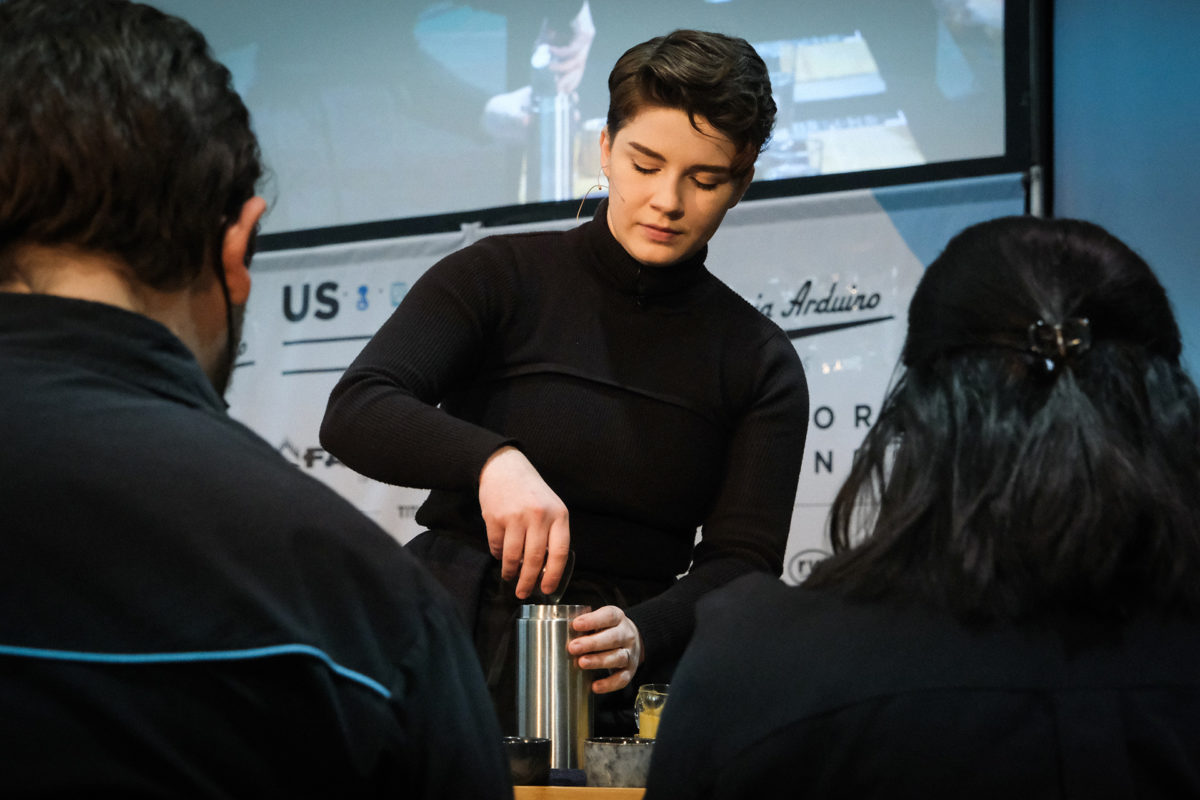
What do you get when you win?
Beyond material prizes, like swag from event sponsors (think: one’s own Mahlkönig grinder, a trip to coffee origin, a free Vitamix—maybe even one of those large novelty checks) many find that the rewards for winning barista competitions are part of a longer-term career and personal brand-building journey. In the earlier days of the World Barista Championship, for instance, when title-holders were fewer, the competition was an obvious springboard to entrepreneurial success and renown—most longtime coffee geeks know the names Tim Wendelboe, James Hoffmann, Klaus Thomsen, and Mike Phillips. At the world as well as United States level, many title winners have gone on to form their own coffee companies immediately after winning (including everyone named above, as well as some winners—like Kyle Ramage and Lem Butler—who teamed up together!)
“It is harder to leverage the title into career advancement now, because every year you become less scarce (as a barista champion),” says Hoffmann. “I was one of ten champions, now you’d be one of 27.” Indeed, ongoing personal brand work seems to be part of today’s formula for success, with Hoffmann and Eckroth setting leading examples that show the title today is a part—but not the whole—of industry leadership.
But regardless of what title a person takes home (or doesn’t), one of the biggest rewards is available to all comers: that of going through something together that builds lifelong connection.
“The networking is the hugest benefit I think,” says Strumpf. “There’s a large cameraderie backstage, in the audience, just around everything surrounding the competitions. You meet your peers, you meet people you look up to, and you represent someone that others will then look up to. That sense of community and networking will pay off in the end as long as you stay in coffee.”
Liz Clayton is the associate editor at Sprudge Media Network. Read more Liz Clayton on Sprudge.













